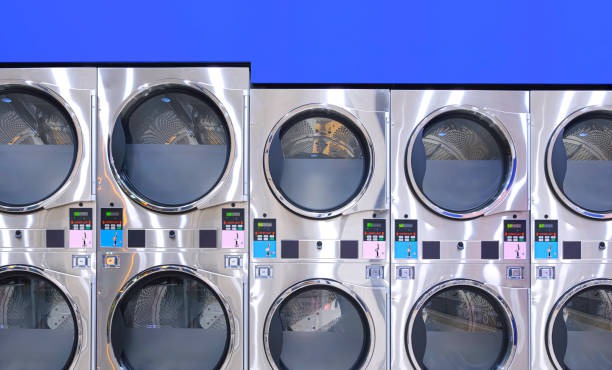Although dentures offer a complete arch of teeth and great functionality, they can be risky if they slide or move. Dental implant surgery is a well-liked solution for replacing one or more missing teeth because it enhances oral wellness, encourages healthy gums and jaw bones, and has a high success rate. Regular cleaning and flossing are necessary to maintain implants; they can last a long time with the right care.
What Kinds of Dental Implants Are There?
If you are thinking about getting dental implants, it is a good idea to find out about the three kinds of dental implants and the procedures that go with them.
Endosteal
Dental implants attached to your jaw’s bone are referred to as endosteal. It is the most prevalent type of dental implant and is perfect for people in good general health, with healthy gums and enough bone in their jaw. Endosteal implants are tiny titanium posts put into the jawbone surgically. At the top of the post, an abutment attaches to the artificial crown.
The endosteal implant procedure requires several months. Implant placement, osseointegration, abutment installation, and tooth attachment are required to install this form of implant. When your endosteal implants are in position, they function like natural teeth.
Subperiosteal
Patients without jawbone support can get subperiosteal tooth implants. The term “subperiosteal” alludes to the location of these implants, which is beneath the gums but above or just grazing the jawbone. Subperiosteal implants do not fuse to the mandible; a metal frame is inserted into the gums just above the jaw. Your gums will grow over the frame that will support your dental implant when they are installed.
Subperiosteal implants are suggested for patients with underdeveloped jawbones, insufficient bone, or who do not want to undergo bone augmentation.
Due to the lack of osseointegration, the healing, and fusion of the jawbone to the implants, subperiosteal dental implants recover faster than endosteal implants. Nevertheless, the procedure can take a few weeks or months, depending on your oral health.
Zygomatic
Instead of the jawbone, the Zygomatic implant is inserted into the patient’s cheekbone. In most cases, zygomatic implants don’t require sinus lift surgeries or bone grafts to qualify a patient as a prospect. Compared to Endosteal implants, the procedure is simpler and takes much less time.
How Long Does Healing Take After a Dental Implant?
The crucial portion of healing, the fusion of the implant post to your jaw bone, takes between 3 and 6 months. The length of this procedure is affected by your age, jaw bone condition, oral health practices, and your body’s healing abilities.
Why Should I Choose Dental Implants Over Other Types of Traditional Restorations?
Because dental implants are permanent, you won’t have to remove them when you consume or brush your teeth. They are made to look like your other teeth and are so realistic that no one can identify which one is an implant. Furthermore, the implant post contributes to improving your mandible bone structure. That is why dental implants are more beneficial than dentures for teeth restoration.
What Factors Influence the Average Cost of Dental Implants?
Dental implants are extremely specialized, multi-step procedures. Depending on your oral health and the state of your teeth and current situations, like after getting emergency treatment from places like https://azuredentalsf.com/emergency-dentistry/, several stages may be involved in replacing your tooth with an implant. The cost is determined by the following factors
- The type of replacement teeth used (crowns, bridges, dentures)
- The number of implants you require
- The complexity of the procedure (if you need to be sedated)
- Your location and dentist
- Whether or not you need additional procedures (bone grafting, sinus lift, etc.)
- Whether or not you have dental insurance
How Much Do Numerous Implants Cost in the San Francisco Area?
Restoring two to four teeth can cost between $6,000 and $10,000. As previously stated, this is “without” any promotional deals and other required procedures. A single jaw (single arch) may cost up to $30,000, while a complete mouth may cost $50,000 or more. Again, these are average figures based on typical patients in San Francisco.
Tooth implant cost in San Francisco varies greatly from case to case, so it is best to schedule a consultation with your dentist to discuss your options and costs.
Conclusion
Dental implants are a fantastic tooth replacement option because they have all of the advantages of natural teeth. They will not slip and slide around in your mouth like dentures and do not need to be removed while eating or brushing. Getting a dental implant also keeps your jaw bone strong and healthy.
If you have lost single or multiple teeth due to an accident or periodontal disease, a dental implant can easily replace those teeth. Your new teeth will look and function exactly like the rest of your natural teeth. Please contact your dentist if you have any questions about dental implants and their conditions.



